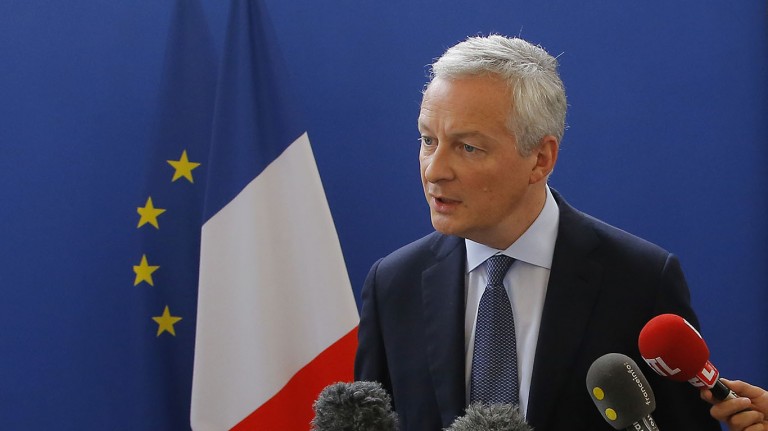France and Germany have formed a united front against Libra, Facebook’s proposed digital currency.
The news: In a joint statement issued late last week after a meeting of eurozone finance ministers, France and Germany said that Facebook’s plan for Libra “fails to convince” them that risks related to security, investor protection, money laundering and terrorist financing, and “monetary sovereignty” will be adequately dealt with. “We believe that no private entity can claim monetary power, which is inherent to the sovereignty of nations,” the statement reads.
Backlash at home and abroad: Facebook’s bold plan to issue global digital currency next year has been met with significant skepticism and resistance from policymakers in the US, including the president. Facebook has responded by bolstering its lobbying forces in Washington, DC. This joint statement suggests that the political challenges Libra faces in Europe could be more serious.
A wake-up call: The joint statement from France and Germany concludes, “We encourage European central banks to accelerate work on issues around possible public digital currency solutions.” What is this referring to? Apparently, the European Central Bank has been quietly working on its own digital currency project.
Now Facebook seems to have inspired the bank to pick up the pace. At a news conference after the meeting of finance ministers, ECB board member Benoit Coeure called Libra a “wake-up call.” He said it would fuel efforts to expand access to real-time payment capability in Europe. “We also need to step up our thinking on a central bank digital currency,” Coeure said.
Keep up with the fast-moving and sometimes baffling world of cryptocurrencies and blockchains with our weekly newsletter Chain Letter. Subscribe here. It’s free!

